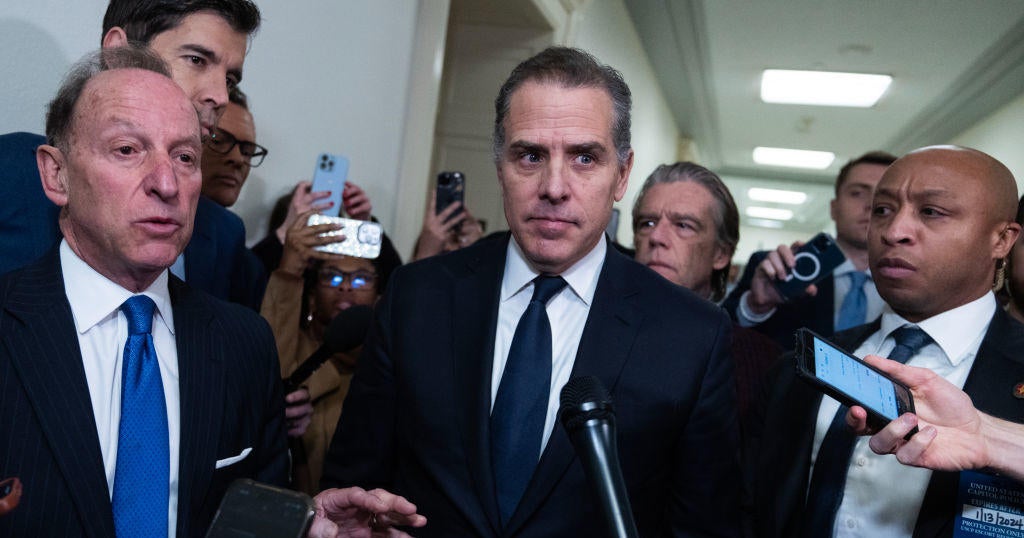
Man accused of lying to FBI about Hunter Biden claimed he got fake information from Russian intelligence
CBSN
Washington — The man accused last week of delivering false allegations to federal investigators about Hunter Biden and President Biden's business dealings told officials after his arrest that individuals "associated with Russian intelligence" were tied to apparent efforts to peddle a story about the first son, federal prosecutors revealed in a court filing Tuesday.
Alexander Smirnov was arrested last week after being charged with two counts that alleged he lied to the FBI. Special counsel David Weiss — the Trump-appointed prosecutor tasked with investigating the president's son — accused Smirnov of providing his FBI handlers with fake allegations about Hunter and Mr. Biden in 2020. He claimed the two Bidens each accepted $5 million from the Ukrainian energy company Burisma. The claims "were false, as the Defendant knew," according to the charging documents filed against him.
A judge ordered on Tuesday that he be released from custody on a personal recognizance bond.
